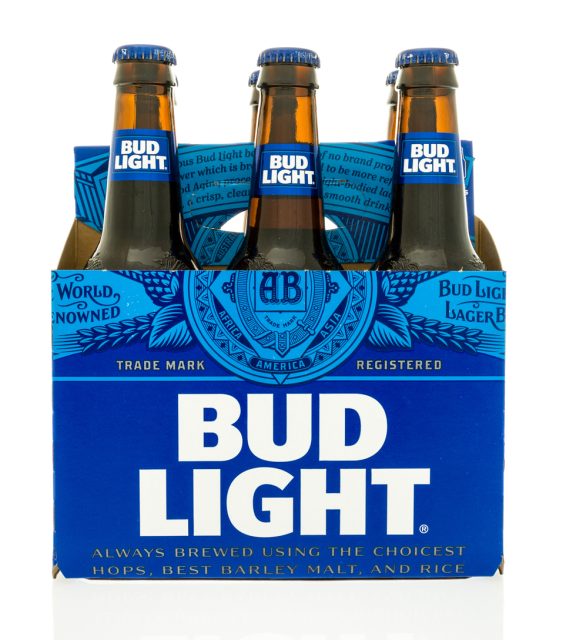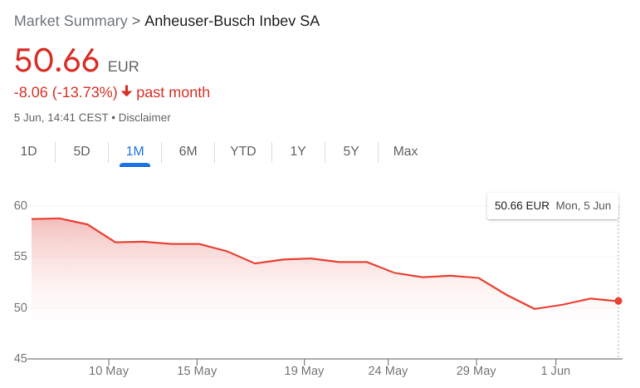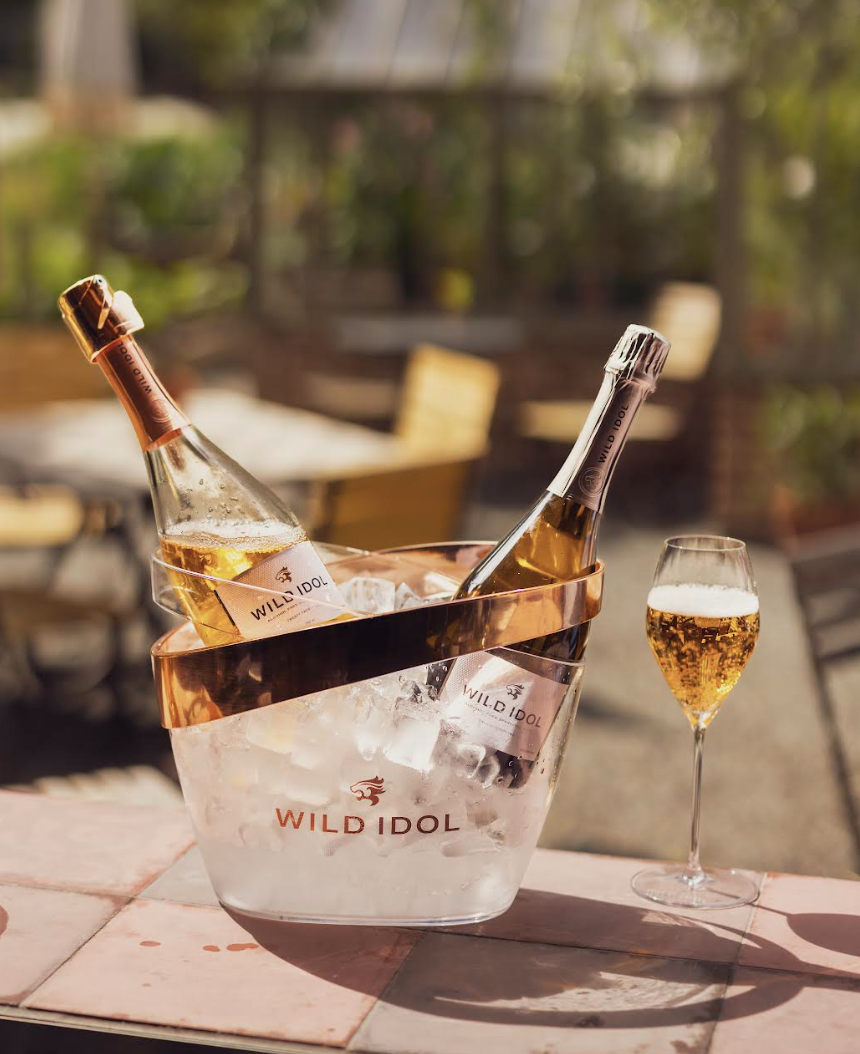Did one social media post cost AB InBev US$27bn?
The impact of Dylan Mulvaney’s one Bud Light social media post on the lager brand and its parent company AB InBev has resulted in approximately $27 billion lost in market value, according to reports.

On 31 March, AB InBev’s market value was US$134.55bn, but on 1 April, influencer Dylan Mulvaney posted on Instagram about being a Bud Light partner. Since that point AB InBev has declined by almost 20% in market value, hitting around $107 billion by the end of May, according to the Dow Jones Market Tracker.

Now, sales people for Anheuser-Busch are reportedly losing as much as $2000 last month compared to a typical May due to the backlash following the endorsement video.
According to ABC News, former AB InBev executive Anson Frericks said the product boycott by American consumers would be impacting thousands of salespeople that work for wholesalers and whose income is performance-based. Figures from ABC revealed Bud Light sales were as high as 60% down in the week to Memorial Day, when traditionally Bud Light sells well.
Frericks told ABC that ‘good people are going to start leaving’ because they weren’t making money from the brand. It was also stated that some lump sums were provided across the business to make up for the shortfall in revenue that salespeople would normally see throughout May.
The issue began after Mulvaney was gifted the Bud Light as part of the company’s ‘March Madness’ contest – and to celebrate the one-year anniversary since Mulvaney began her transition.
The marketing company Captiv8, who pairs big blue-chip brands with influencers, was claimed by reports to be responsible for introducing Anheuser-Busch to the social media influencer, with two executives involved in the Mulvaney post at AB InBev going on leave in April.
The reaction by the US right on social media, traditionally strong supporters of Bud Light, was widespread with posts from former President Donald Trump, musician Kid Rock and Republican senator Ted Cruz criticising the move. As a result, ultra conservative Americans swiftly called for a boycott of Budweiser products.
According to data provided to Newsweek by Bump Williams Consulting and Nielsen IQ, sales were down 29.5% year-on-year for the week ending 20 May with a revenue drop of 25.7% across the same period.
The fall follows weeks of decline for both Bud Light and the stocks in its parent company, AB InBev. Across all brands, AB InBev has seen sales slip across the board by 10% or more each of the past four weeks of May.
Concerningly for AB InBev, and according to other figures from Beer Business Daily, sales decline of Bud Light for the week appears to be accelerating with the 29.5% fall coming after a drop of 28.4% in the week ending 13 May, extending a downward trend from 27.7% decline the week before and around 23% at the beginning of May.
Meanwhile, sales for rival Molson Coors are up more than 15% on an annual basis, and shares of the Coors Light and Miller Light parent have gained 19% over the last two months.
There were also reports that AB-InBev were buying back unsold Bud Light and other reports that some stores were even giving away the beer for free. Heineken has also eyed an opportunity to sell its own Heineken Silver brand in the US as a result of the current reduction in sales of Bud Light.
Bud Light had tried to boost sales for Memorial Day weekend through a promotional ‘rebate’ deal equivalent to the purchase price of one 15-pack or larger, up to US$15 of Bud Light or other products, essentially making them free to buy – but sales still struggled.
Related news
Why we are witnessing the rise of Thai craft beer in America




